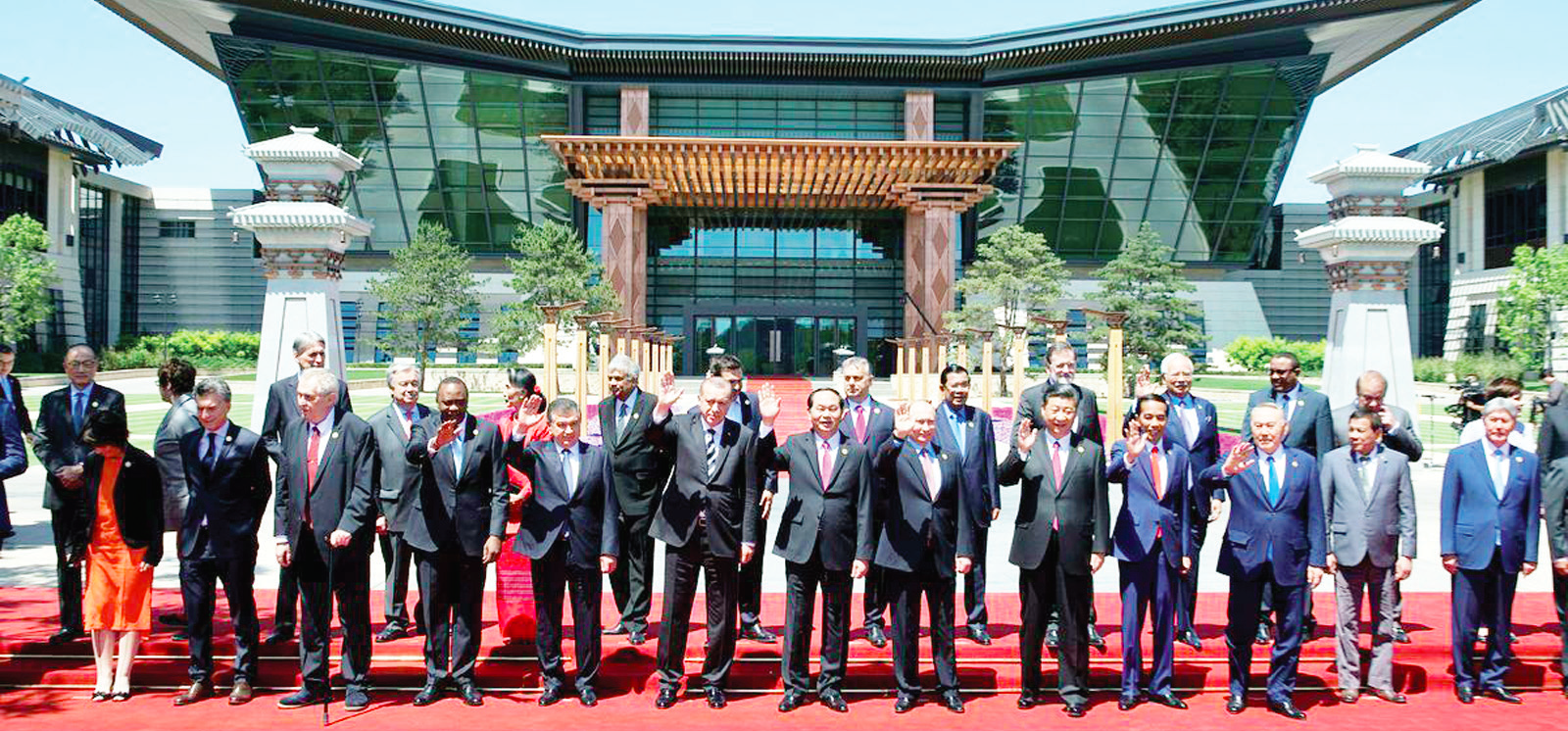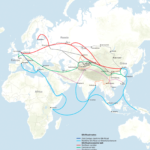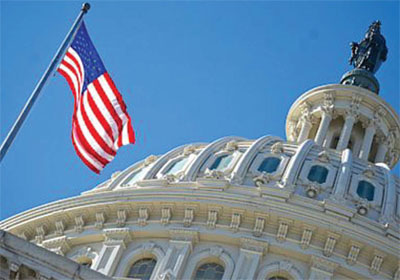
Narrow-mindedness, lack of vision, and an inflated sense of our own place in the world drove this latest tantrum

“Our self-deceptionwouldn’t matter had it not led to India potentially being frozen out of the most important trade architecture in our part of the globe, a chain of highways, rail connections, sea routes and telecommunications facilities that would be particularly helpful to our tragically underdeveloped Northeast”, says the author.
Last week, China hosted a massive summit to spur one of the most ambitious global trade infrastructure initiatives in history. As leaders from across Asia, Africa, Europe and Latin America gathered in Beijing to work on details of the
One Belt, One Road plan, India chose to take its bat and ball and go home. Unfortunately for us, nobody needed India’s bat and ball. Our absence was barely noticed, and our rejection of the initiative will hurt only ourselves.
China’s President Xi Jinping used the summit to claim moral and practical leadership of global free trade for the second time in five months. The first was in Davos last winter, soon after the United States‘ counter to China, the Trans-Pacific Partnership, had been capsized by the populist tidal wave that brought Donald Trump to power.
The OBOR plan, as might be expected, was dreamt up primarily as a way for China to continue its growth trajectory for the foreseeable future. The country has overinvested in its own infrastructure, and is afraid its traditional export markets will not support the nation’s continued growth. Its solution to both these profound crises is to offer its expertise in building infrastructure and credit from a newly-minted bank to underdeveloped nations, expanding those markets in the process. By reinventing the Silk Road for the current century, Xi and his colleagues hope to boost the economy of China’s western states, which has lagged behind even as coastal regions have been transformed in the past three decades. If it works, OBOR will be a win-win for all countries concerned. If it doesn’t, China stands to lose the most.
India’s main objection to the OBOR plan is that a segment of it, the China-Pakistan Economic Corridor, passes through parts of the erstwhile Jammu and Kashmir state that India claims as its territory. Claiming land that we haven’t controlled for 70 years, whose residents have never shown any interest in becoming Indian citizens, is an absurd charade played by all our political parties in tandem with our refusal to countenance a negotiated solution to the entire Kashmir issue. We continue to delude ourselves that Gilgit-Baltistan is part of India, but can do nothing about it beyond punishing cartographers who suggest otherwise, while the world community looks on in bemusement like an adult faced with a child who demands acknowledgement of an imaginary friend.
LOSS AVERSION

sea routes and telecom facilities.
Image courtesy/ Chatham House
Our self-deception wouldn’t matter had it not led to India potentially being frozen out of the most important trade architecture in our part of the globe, a chain of highways, rail connections, sea routes and telecommunications facilities that would be particularly helpful to our tragically underdeveloped Northeast. Why do we seek to engage in a symbolic fight rather than focus on what will provide concrete benefits to Indians? Hallucinatory nationalism is part of the answer, but not the whole story. It is complemented by loss aversion. The strength of that impulse has been demonstrated repeatedly by psychologists and economists. The pain we feel after losing ten rupees outweighs our joy at gaining the same amount. In fact, it’s likely that the pain of losing ten rupees outweighs the joy of gaining twice that amount. This imbalance becomes crucial in political calculations, and is bolstered by three related factors.
First, the causes behind loss tend to be more specific and easily definable than the causes behind gains, a phenomenon proven by the backlash against globalisation. Second, the groups that lose as a result of a policy and those who gain are quite different. Third, pain often precedes gain and comes as a sharp shock, while gain is spread out over years and even generations. In the final equation, you get a set of people with a definable loss, who feel their pain sharply, and feel it right away, and another lot that might be far larger but whose lives improve over a long period of time for reasons that aren’t entirely clear, whose joy does not measure up to the pain of commensurate loss. It’s no wonder that politicians tend not to risk antagonising the first group even if it means denying the second far greater reward.
That said, the Narendra Modi government could have sent an envoy to the OBOR summit without much political loss. A few hyper-nationalists would have been pained by our tacit acceptance of Pakistan’s flagrant attempt to better the lot of its citizens. On the other hand, since China helped build the Karakorum Highway decades ago, it’s hard to see how its planned upgrade threatens India’s fictitious sovereignty over the region. No, it wasn’t fear of a backlash or an understanding of loss aversion that drove our latest tantrum. It was narrow mindedness, lack of vision, and an inflated sense of our own place in the world.
(Source: Scroll.in)





Girish and his ilk are the so called pseudo-secular liberal intellectuals who keep on spewing out anti-India vitriol. These people are so easily bought by Pakistan/China by offers/invites to some conferences by the peaceniks that they lack any credibility. For a few rupees, they will sell their own mother and motherland. You people are a disgrace!